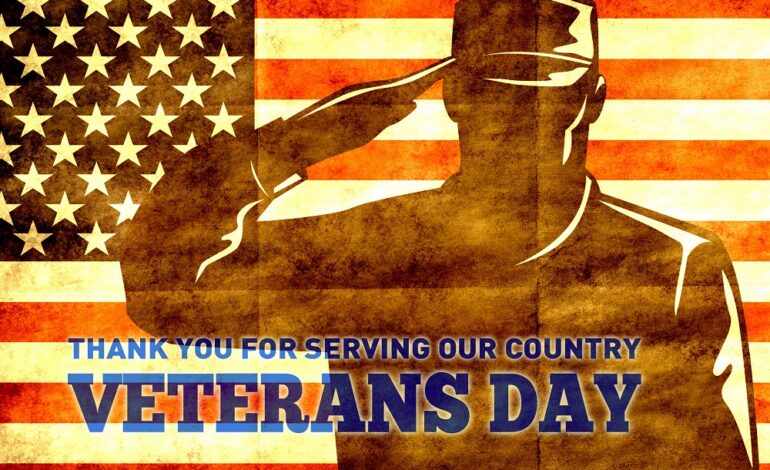Acceptance Before Change. I’m Mandi and I am an alcoholic… an addict… and a manic-depressive… a co-dependent… I struggle with body dysmorphia.
My recovery from alcoholism was only the tip of the iceberg when I first entered treatment. I was sick and I thought that the only thing that I needed to do to make everything “all better” was quit drinking. It sure helped once I quit drinking and drugging. My life got exponentially better every day because of my decision to get clean but there were still parts of me that hurt, parts that my physical detox didn’t heal.
“What’s wrong with me?”
In my first few weeks in recovery, I felt… better. I physically felt great. I had energy, my skin was clearing up, and I started getting my strength back but there were missing parts of me and I felt them. I kept thinking “What’s wrong with me? Why aren’t I ‘better’ yet?”. About two weeks into treatment, my therapist Jackson said to me – –
“Mandi, we understand that you have an issue with drugs and alcohol, that’s why you are here but have you ever struggled with any co-occurring disorders?”
“No. I don’t think so. What’s that?”
“Well, in our active addiction, our psyche is affected in many, many ways. The way we view ourselves and the world is sometimes skewed because we are not in our right state of mind. Can you think of any times your perception of yourself or the world may have been affected by your addiction?”
“No, I don’t think so.”
I was being honest. I didn’t think my perception was skewed. My life, the way I viewed my relationships, my body, my feelings. Those things were all very real to me. I needed a man’s validation naturally, I was fat and ugly and the mania I had been riding on for 4 months was normal and warranted… I was just busy. The depression that followed was just exhaustion from the mania, it was totally fine that I laid in bed and cried for days because I was just so tired. I believed these things through and through.
“Mandi, tell me how you feel about you.”, Jackson pried.
“Uh… like what? What do you want to know?”
“Just tell me about how you feel about yourself.”
We had spoken about this before, Jackson and I.
“I am a burden.” Tears formed in the corners of my eyes. Not many tears, as I didn’t cry much about that anymore. I was used to that thought. I was just embarrassed to say it to another person.
“You know that’s not true”
“You know it is… How could I not be?”
In my head, there was no answer to that question. I was a wreck and wrecked other people’s lives as a result. There was nothing I could do about it. It was who I was. After a long, long talk with my therapist filled with what at the time felt like the ramblings of a madman, we came to an understanding. I struggle with co-occurring disorders.
Today, my knowledge of co-occurring disorders has grown. I understand more every day about myself because I understand my disordered thoughts. I recognize thought patterns that could lead me deeper into my skewed thinking. The only way I was able to do so, was by first recognizing and accepting that alcohol was not my only issue. Accepting a new diagnosis in early recovery was difficult for me. I had just accepted that I was an alcoholic, but now I had to identify as all of these other things too? This sparked another conversation with Jackson – –
“I didn’t want this! I JUST came here to get sober. I don’t want to have to tell everyone that I have all of these other things wrong with me too.”
“So don’t. It’s no one’s business except you and your direct support system.”
“I have to tell my mom I’m depressed?”
“Believe me, she already knows.”
She did. Accepting my new diagnosis was difficult for me mostly because of the shame associated with telling others that there were more things wrong with me than just liking to get drunk and act out. There were things in my head that other people, healthy people, didn’t think. The thing was though, the people closest to me already knew. My family and close friends saw the rapid mood swings that I couldn’t remember because I was too drunk or high. They had watched, horrified, the unhealthy relationships I couldn’t get out of because I was “so in love”. My friends and family saw my obsessive relationship with food and exercise even when I refused to recognize it. They knew all of these things and they still loved and cared for me. Even when I could barely love and care for myself. Even when I could barely show how much I loved and cared for them. They cared. They accepted me for who I was in hopes that someday I would see how I was hurting myself and in turn hurting them. They saw who I could be if only I could too. They accepted my co-occurring disorders even before I knew they existed.
Once the fear of my loved one’s acceptance subsided, a new one rose up right into its place. I had to accept me. I had to accept and address this secret that I’d kept from myself for so long. After a lot of internal dialogue and processing with my sober support system, I was ready to accept that I didn’t know how to address all these new things. Que Jackson – –
“You don’t have to do it all at once and you don’t have to do it alone.”
That struck me. How was I supposed to pace myself? I needed to get better and I wanted to do it now! That was my need for instant gratification talking. The thing about recovery though is that it’s not instant. Just like you wouldn’t go to the gym once and expect six-pack abs and 13-inch biceps, you can’t expect to be relieved of your co-occurring disorders overnight just because you’ve chosen to acknowledge them.
It’s an everyday healing practice consisting of reflection and reaching out. Reach out to the people who love you. When you’re feeling low, reach out and ask for a hand. When you’ve had a good day, reach out and tell someone how awesome of a day it was. When you forget what you’re working so hard for, reach out and ask for a gentle reminder. At the end of every day, reflect. Reflect on what your diagnosis means for you, your health, and your future self. It is a conscious effort. It can be a painful, awkward, and jumbled process at first. Asking others to hear us and looking within to hear ourselves is difficult for any recovering person. Your willingness to accept new feelings and be open and honest with your support system about them is what will make all the difference in your healing process. Practice. It takes some getting used to, that’s for sure… But when you get the hang of it (and I promise you will), it becomes so natural.
Be open to the possibility of a brand new you.
“You are not a burden, you are not broken. You are human and you are recovering. It will all make sense one day.”
– Jackson
Read This Related Article: “5 Signs You May Be an Addict/Alcoholic“
24/7 ADMISSION HELPLINE 888-629-6707




